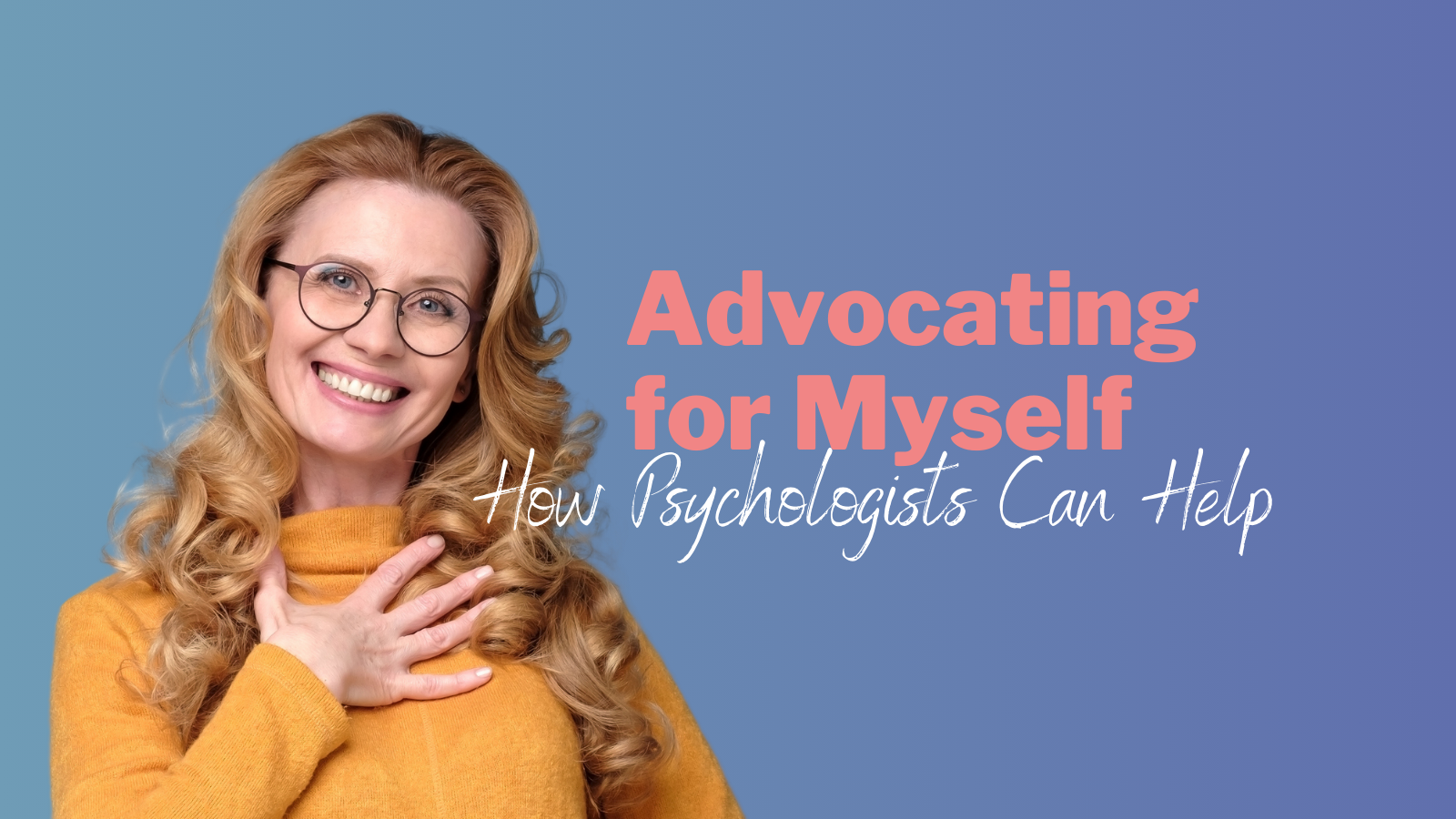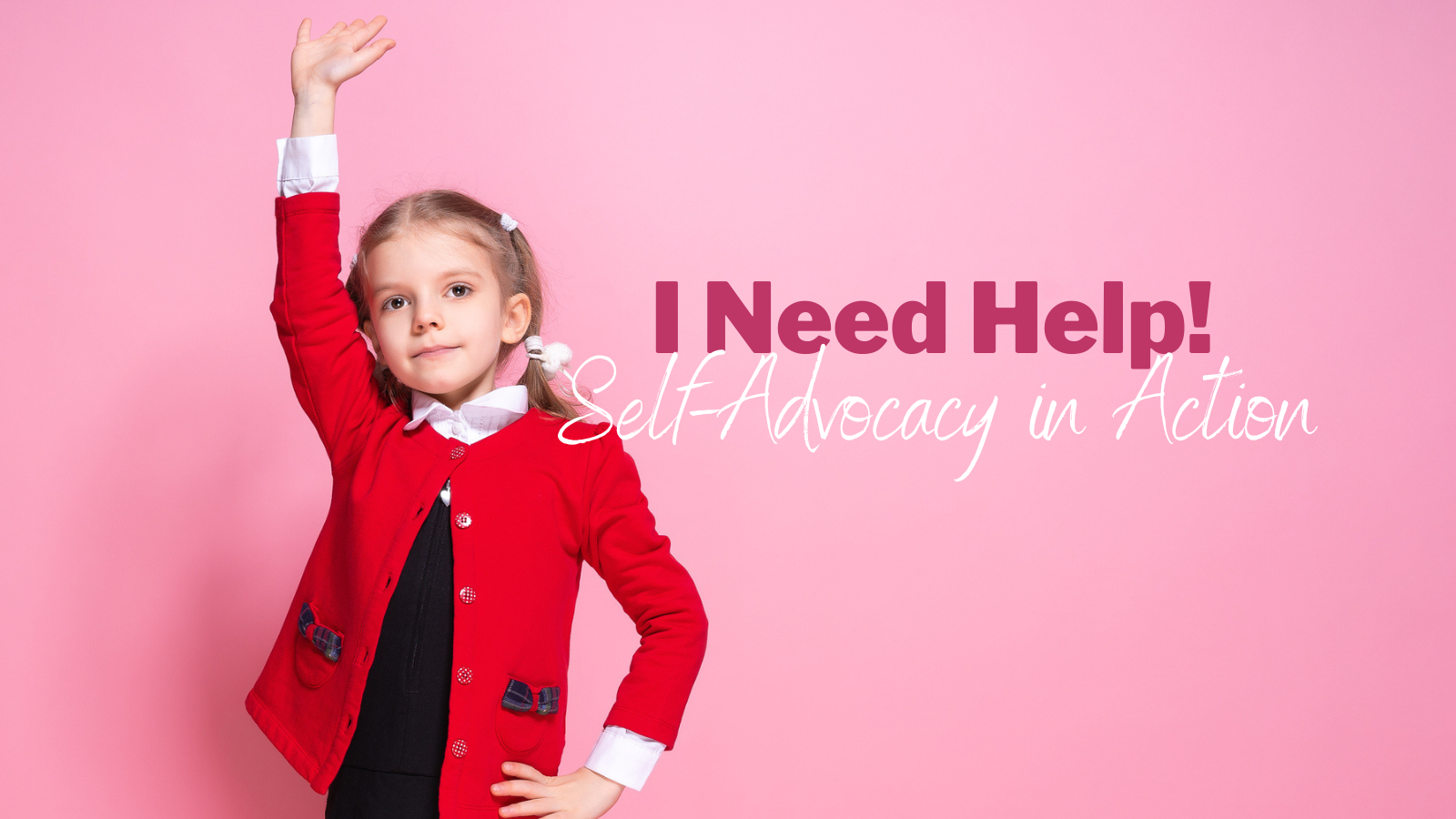“Great teachers of students for whom school is difficult are, first and foremost, excellent teachers.”
We must want to teach those students who find school hard
Teachers must want to teach students who struggle. While teachers rarely choose the students in their classes, many would prefer not to have students that require extra effort. But, all students instantly sense their teachers’ attitude. The old adage “they won’t care what you know unless they know that you care” is especially true of students with special needs. Their teachers must really care about student well-being and success. The teacher’s outlook, conveyed through both the way they speak, and, more powerfully, through their body language, is massively important. The mindset of the teacher then, and their desire and ability to create a relationship with all of their students including ones for whom learning is a challenge, is as important as their pedagogic skill.
We must encourage our students
The literature abounds with accounts of teachers who profoundly influenced students by helping them recognize potential they never realized they had. Conversely, all teachers have the potential to do much damage by discouraging students and causing them to doubt their abilities.
As important as our attitude, it is equally important to scaffold tasks so that the students experience repeated success and gradually learn that the work is within their grasp.
Students with learning disabilities are extremely sensitive to verbal and non-verbal messages about their abilities. It doesn’t take much to discourage a student from trying. That being said, genuine positive feedback has just as strong and opposite effect. I’ve seen math teachers move mountains by empowering a student through small successes.” (LD@School, 2016.)
The longer the student has struggled with school, the more challenging and important it will be for the teacher to help them reverse the impact on their confidence of years of discouragement and repeated failure.
We must be flexible in our approach
Teachers, especially of students with Learning Disabilities or ADHD, must embrace the fact that students learn differently. Teachers must know, really know, their students and provide multiple pathways to learning. If one method is not working for a student, there is no point doing the same thing again and again! Indeed, it is damaging, because the student will experience repeated failure, reinforcing the feeling that they can’t “do” school or the subject, or worse, that they are “stupid”. The teacher of students with learning difficulties must develop a wide repertoire of methods – often referred to as their “toolkit” – to experiment with until finding what works with the student.
We must plan very carefully
While planning is fundamental to any teaching, it is more critical for the teacher of students with special needs. Each student’s needs and learning style must be considered when planning lessons to maximize their chance of having the positive experience so necessary to build their confidence and lay the groundwork for future accomplishment. Administrators must also recognize that planning for students with complex needs requires significantly more time and should take this into consideration when assigning teaching loads.
We must be skilled behaviour managers
Behaviour management is vital to any well-run classroom. With many students with learning difficulties, self-regulation is especially challenging. Some students with a history of school failure will act-out their frustrations. Rather than appearing to be “stupid”, some will adopt the persona of the “class clown.”
Most difficult for teachers, however, is working with students, often also on the autism spectrum, who may lack significant social interaction or communication skills, and may present behaviours which are not only disruptive, but physical as well. These teachers must be especially skilled at introducing and reinforcing socially appropriate behaviours and must not take behaviours personally.
An outstanding resource is BOATS (Alberta Teachers’ Association, Special Education Council, 2016.). Specific training, such as trauma informed practice, can help teachers learn helpful strategies.
We must embrace high standards
We all know that holding high expectations for work and behaviour is at the core of quality education. Some students with learning disabilities may require modification of expectations or other special accommodations. However, in some cases, accommodations only need to be short or medium term, and strategies can be taught to allow the student to be able to proceed without further intervention.
I am concerned that sometimes schools and teachers too easily equate “accommodation” or “modification” with avoidance, resulting in a damaging and unnecessary lowering of expectations, ultimately weakening the student’s education. Whilst it may sometimes be necessary for a student to have a scribe, I do wonder whether some of those students, with patient and skilled teaching, by a teacher with sufficient time, could be taught to write or keyboard. Does every student who has difficulty finishing a task on time need to be given more time, or could some be taught how to budget their time?
I once observed a grade 12 English 30 class in which all the students had been diagnosed with severe learning disabilities, reading the same material, having the same discussions and doing the same kind of written assignments as would be happening in any strong English 30 class. Now, there were only twelve students in the class, with an experienced and notably effective teacher, but it reminded me of what is possible in the right circumstances. It reinforced my worry that too often teachers in very large and complex classes, with minimal support, have little choice but to adopt avoidance strategies. The result is that their students are robbed of the opportunity to have an education equal in quality to that of their peers.
Special education teaching is, largely, “just” excellent teaching
Observing excellent teachers working with students with LD or ADHD, I am consistently struck by the reality that much fine special needs teaching is “just” excellent teaching. (I put “just” in quotations, because to teach well is no easy matter.)
One helpful resource discussing helpful strategies for teaching students with learning disabilities is Learning Disabilities: What Educators Need to Know. (Reader, M. 2020.) While approaches such as those discussed by Reader are essential for students who struggle, many would be helpful for most students.
Research indicates that many of the strategies used to differentiate instruction for students with disabilities were also effective within the general student population across grade levels and curriculum areas. Several projects also noted a spill-over effect where gains in one subject area had positive impacts across the curriculum, or where all students (not just the target group) benefited from differentiation strategies” (Alberta Education, 2010.)
In this era of inclusive education, almost every teacher is, to some extent, a teacher of students with special needs. It should be encouraging to us all that almost everything we know about teaching – any teaching – is applicable. But in working with students who have challenges with school, we do have to be particularly skilled. A positive, encouraging and flexible attitude; thoughtful planning; effective behaviour management; and high but reasonable standards for all, will allow us to make a hugely positive impact on our most vulnerable students.
I gratefully acknowledge the assistance of the four educators, all experienced in working with students with learning disabilities, who read a draft of this article and made many helpful suggestions: Reva Faber, Michael O’Hara, Helen Oppenheim Faber, and Robyn Oppenheim.
References
Alberta Education, 2010. Making a Difference : Meeting Diverse Learning Needs with Differentiated Instruction. Retrieved from https://open.alberta.ca/dataset/e02db4bb-ba84-4ee2-92eb-cd7e20fee97c/resource/4f325cbc-0b11-4284-80fb-6b83e3072b49/download/makingadifference-2010.pdf)
Alberta Teachers’ Association, Special Education Council, 2016. BOATS: Behaviour, observation, assessment, teaching strategies. Retrieved from https://legacy.teachers.ab.ca/Pages/PageNotFoundError.aspx?requestUrl=https://legacy.teachers.ab.ca/SiteCollectionDocuments/ATA/Publications/ProfessionalDevelopment/PD-224-BOATS%20Book-2016%2009.pdf
LD@School, 2016. “Success Story: Alexis”. Retrieved from https://www.ldatschool.ca/success-story-alexis/
Reader, M., 2020. Learning Disabilities: What Educators Need to Know. Foothills Academy. Retrieved from https://www.foothillsacademy.org/community-services/parent-education/parent-articles/ld-educators-need-to-know.
About the Author
Claude Oppenheim has served as a teacher, public school principal and deputy superintendent, and independent school head. He is Founder of Oppenheim Education Consultants, consulting and mentoring school leaders and providing professional development to teachers. Currently a Field Experience Instructor at the University of Calgary, Werklund School of Education, Claude serves as a Designated Signing Authority evaluating teachers in independent schools, including those in leadership positions, for their Alberta Permanent Professional teaching certification.
In these roles, Claude has observed countless teachers in diverse settings. It is largely that experience on which this article is based.








